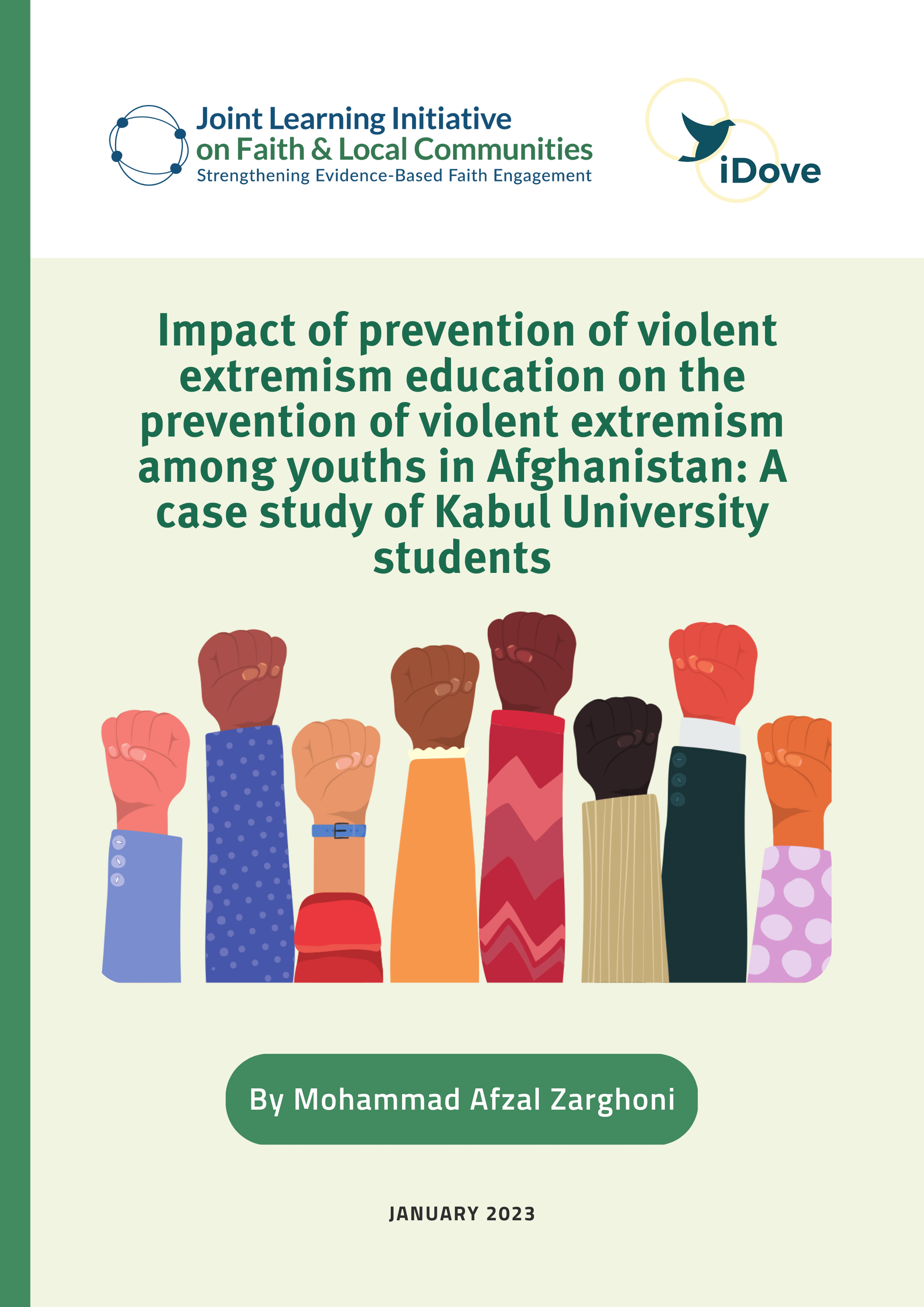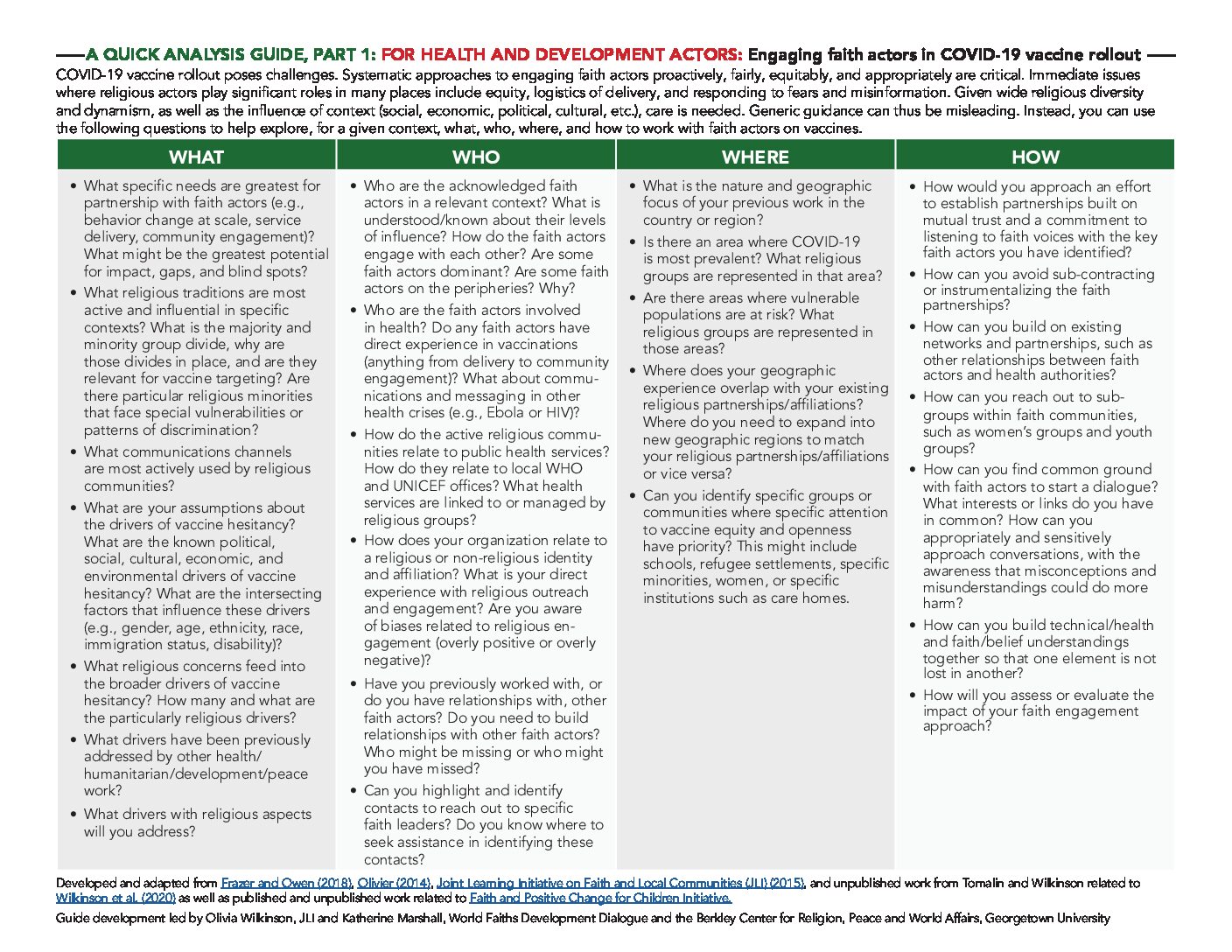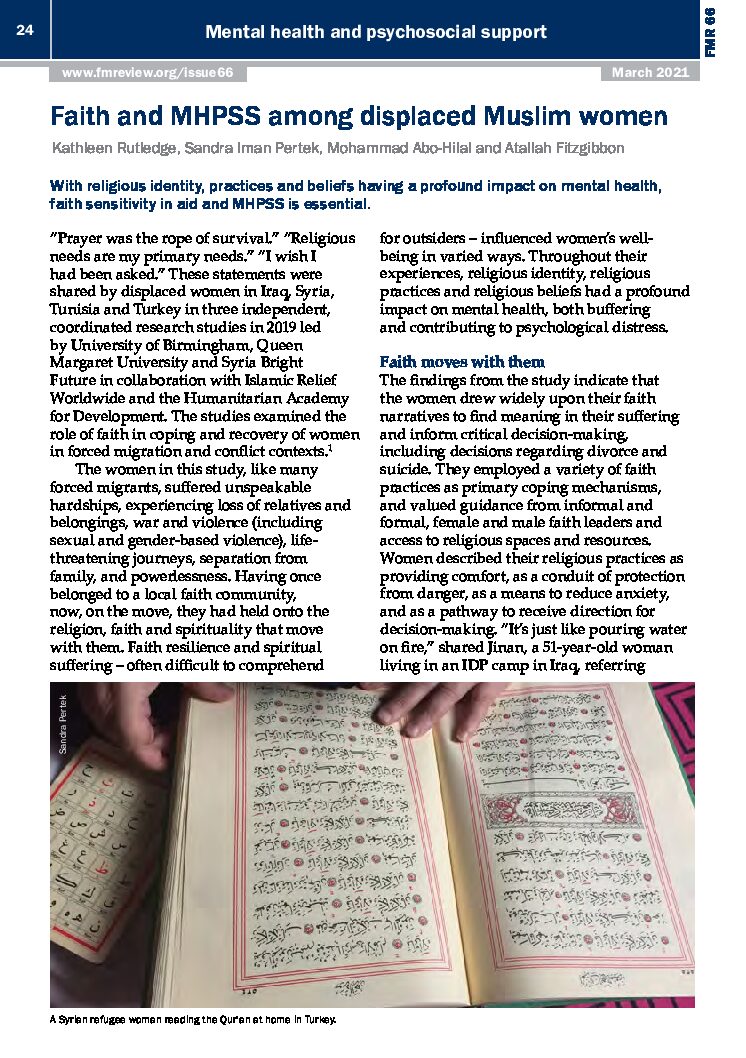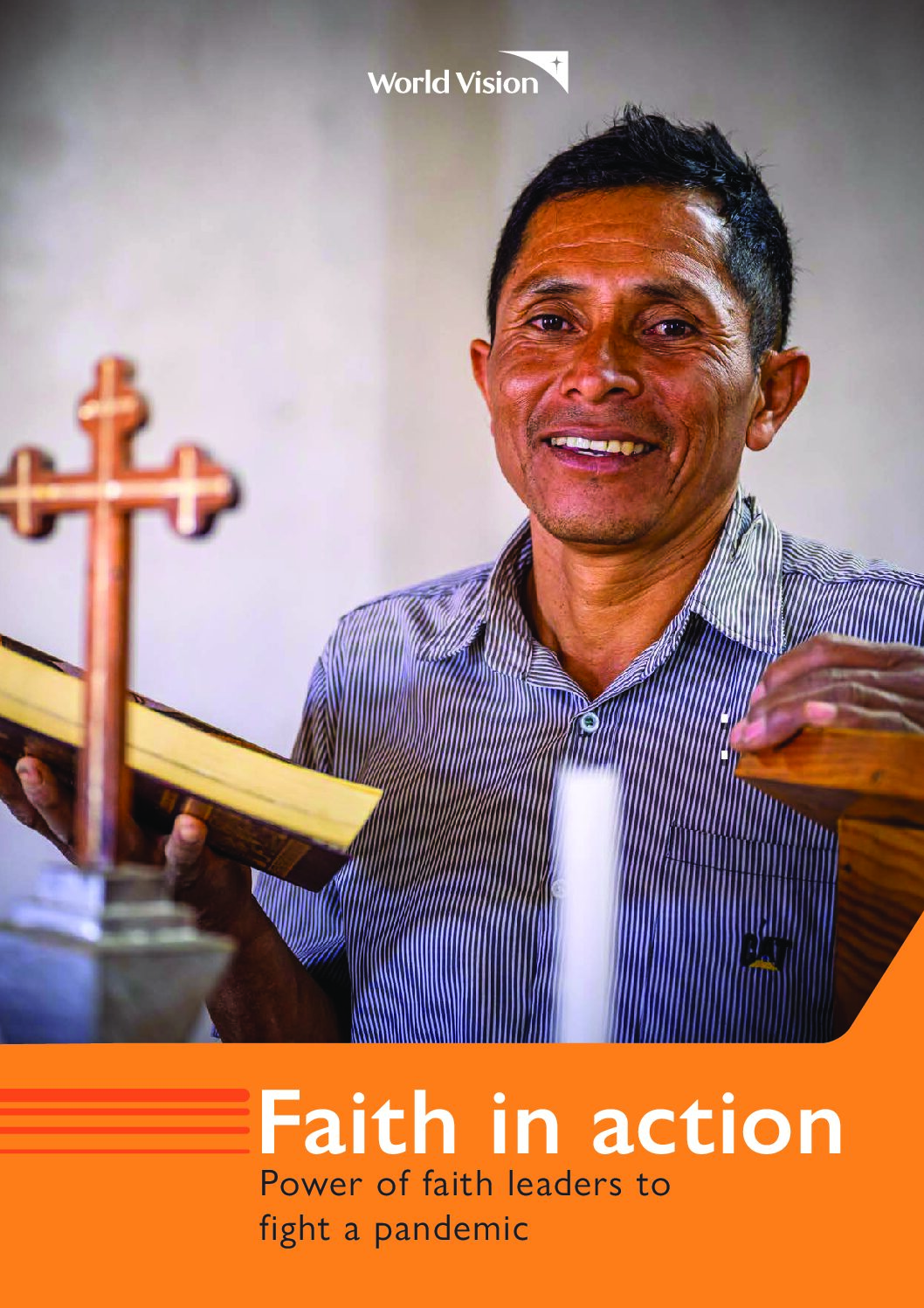About this research project
Impact of prevention of violent extremism education on the prevention of violent extremism among youths in Afghanistan: A case study of Kabul University students
This project focuses on the impact of the Prevention of Violent Extremism (PVE) education in preventing youths from violent extremism in Afghanistan, using Kabul University students as a case study.
The data has been collected by questionnaire from randomly sampled students of Kabul University. The results have been tested by SPSS software using descriptive analysis that illustrates the impact of the Prevention of Violent Extremism (PVE) education in preventing youths from violent extremism in Afghanistan.
In this research, a case study, research design and a deductive approach are used. The aim of this research is to determine opinions about the impact of the Prevention of Violent Extremism (PVE) education in preventing youths from violent extremism in Afghanistan. Descriptive research is trying to describe what is happening in more detail, filling in the missing parts and expanding our understanding, to expand understanding about existing knowledge.
This work was carried out based on the primary data collected through the survey instrument. The survey instrument used for this work is a standardized well-structured questionnaire. The questionnaires were employed to collect the primary data and relevant information from the students of Kabul University. This survey instrument was designed and tested as a part of this work and proved reliability. Kabul University was taken as a population of the study because the study is designed as a focused case study. The study focused on 369 students which completed questionnaires are the required sample size.
“I have understood that most of the young generation would like to have Prevention of Violent Extremism (PVE) education in their school, which removes the perception that most of the media have that university students have strong potential capacity to be against PVE education.“
– Mohammad Afzal Zarghoni, Researcher
Read the full paper below





